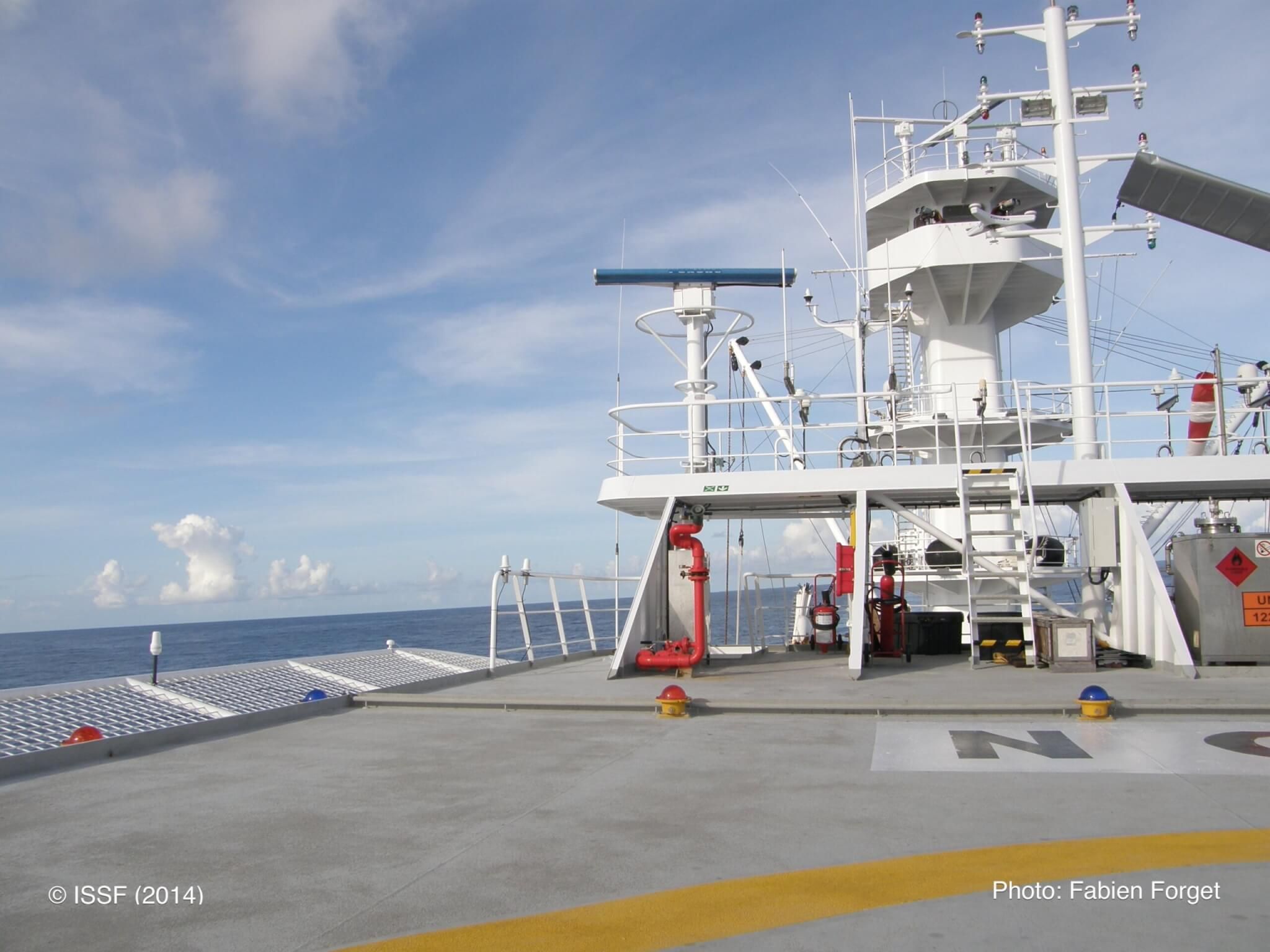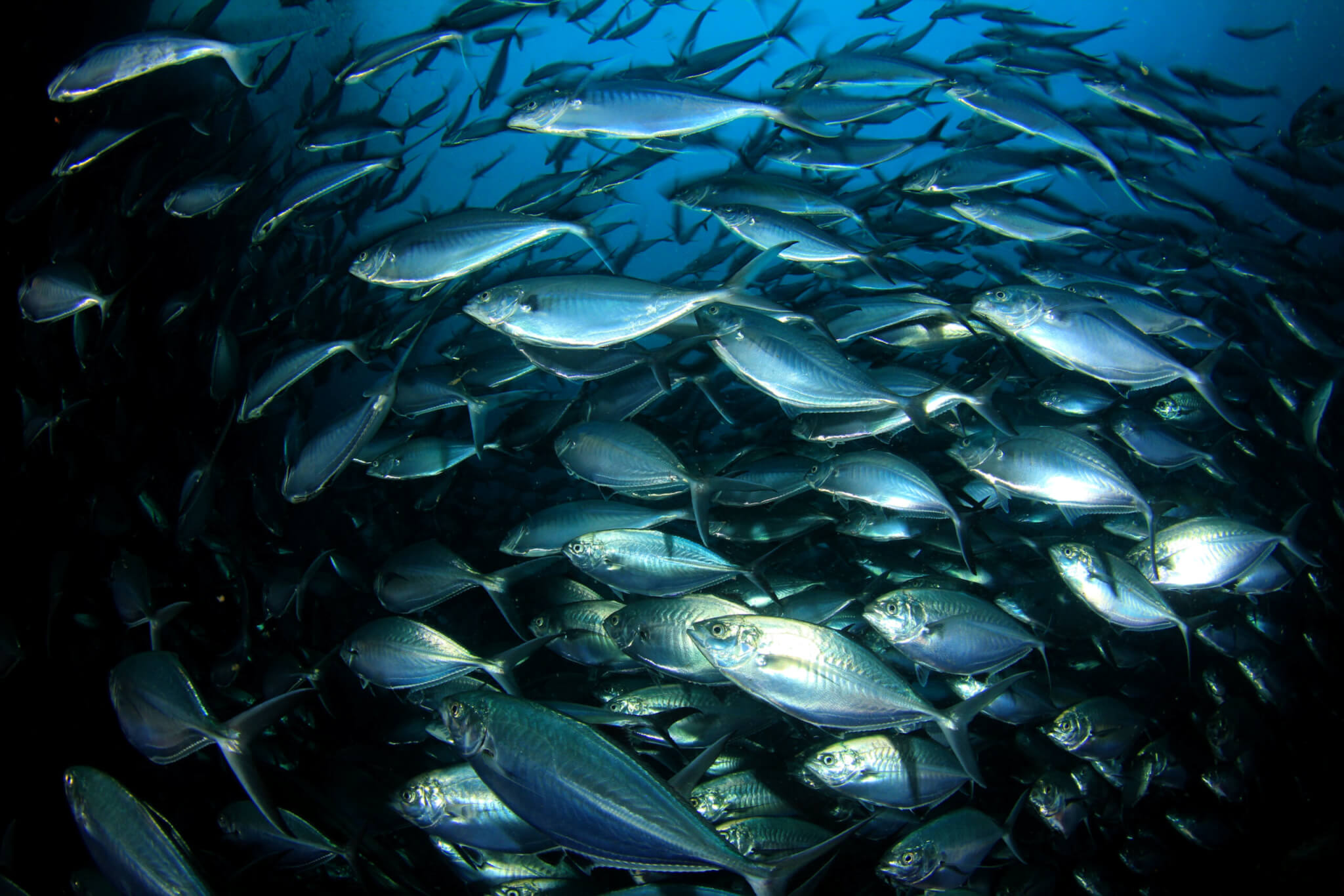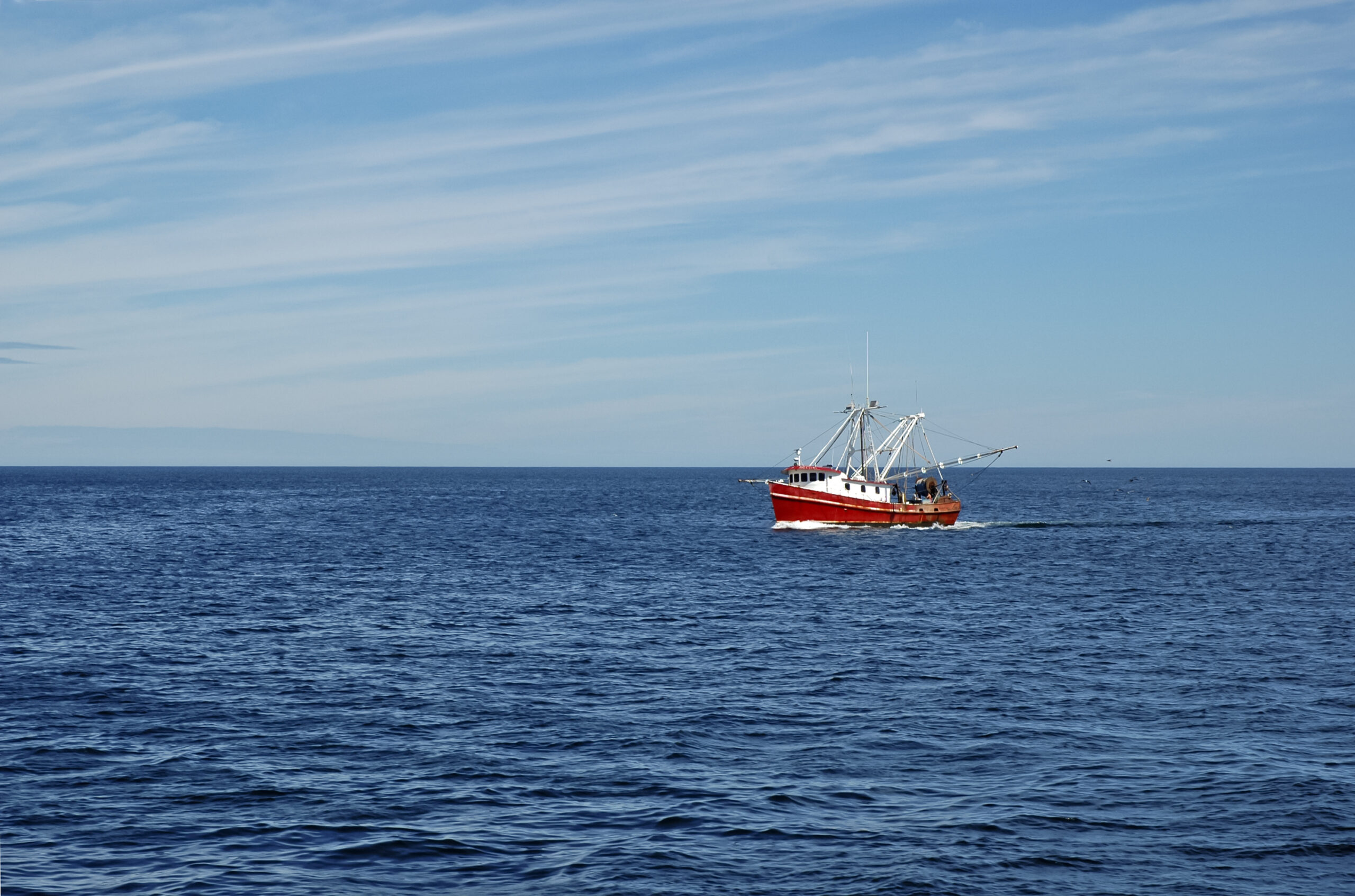Harvest Strategies Top Asks for Pacific Fisheries | ISSF WCPFC Position Statement
Featured Content
ISSF has issued its position statement for consideration at the 19th regular session of the Western and Central Pacific Fisheries Commission (WCPFC), which will take place November 27-December 3, 2022.
The statement covers topics in these categories: harvest strategies; tuna conservation; fish aggregating device (FAD) management; monitoring, control, and surveillance; bycatch and sharks; compliance; and capacity management. The statement also includes ISSF’s top “asks” or requests of WCPFC, along with a list of ISSF’s global priorities for all RFMOs.
Download the WCPFC position statement.
Peer-Reviewed Articles
The Jelly-FAD: A paradigm shift in the design of biodegradable Fish Aggregating Devices
Seventy years of tunas, billfishes, and sharks as sentinels of global ocean health
Featured Video
In the new paper “Seventy years of tunas, billfishes, and sharks as sentinels of global ocean health” published in the journal Science, a team of researchers has found that, in general, tuna and billfish are responding positively to conservation efforts, while, as a group, sharks are not. Population numbers for multiple species of billfish and tuna have been rising due to new fishing regulations and systems for enforcing them. This is not the case for sharks, in general, which indicates that some species need stronger management measures.
“Sound management measures ensure the sustainability of commercially valuable target species of tunas and billfishes,” says co-author and ISSF Senior Scientist Dr. Hilario Murua. “The same approach should be replicated with sharks captured incidentally by the same fisheries to ensure their sustainability.”
The research team includes members from AZTI, Basque Research and Technology Alliance, ISSF, and Simon Fraser University’s Earth to Ocean Research Group.
Learn more in a video from co-author Dr. Maria José Juan-Jordá, which summarizes the report’s findings.



